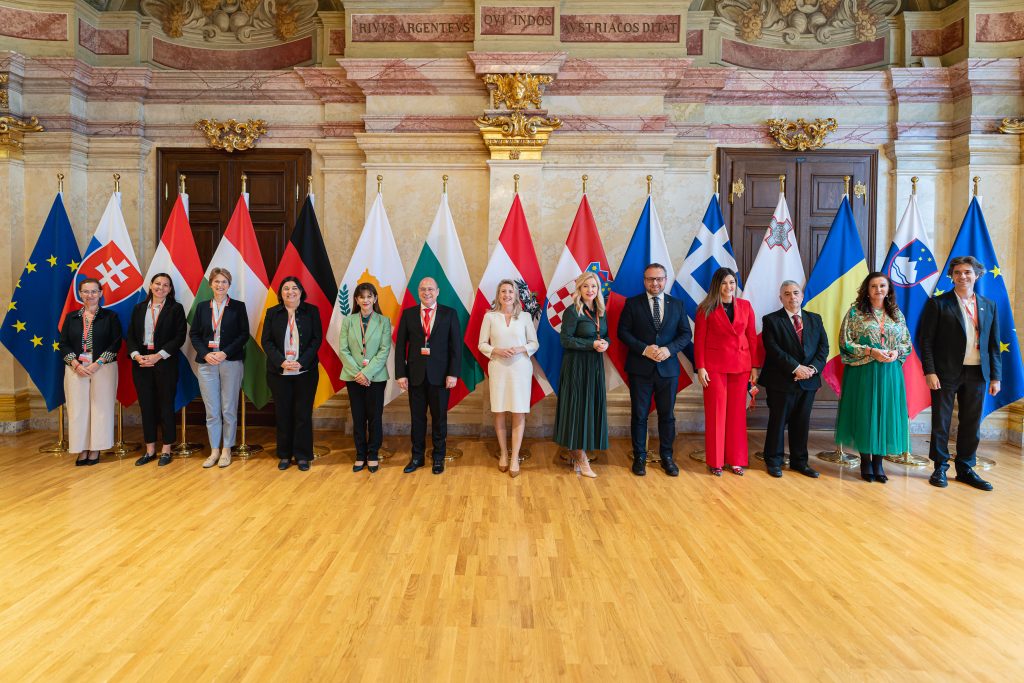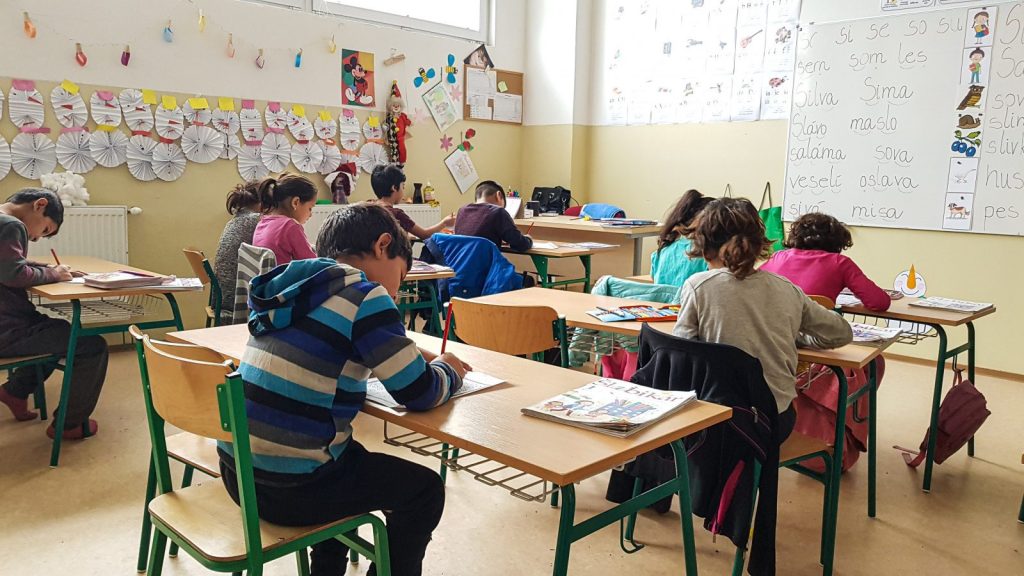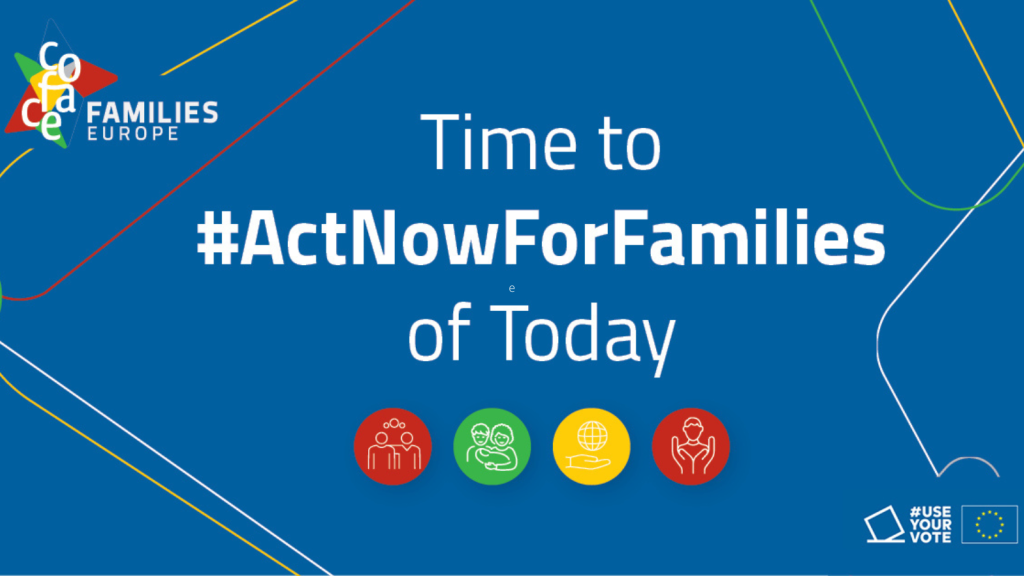The European Child Guarantee, to reduce child poverty and social exclusion, requires that the individual EU Member States each develop a National Action Plan (NAP) with country-specific measures for implementation. Member States had to submit their NAP by the 15th of March 2022. One year after the deadline for Member States to submit their NAP, these plans are still missing from seven Member States (Austria, Germany, Hungary, Latvia, Lithuania, Romania and Slovakia).
In view of the protracted process of submitting the Action Plans, the Association of German Familes, a COFACE member organisation, presents an interim overview of their status and how the Member States approach them. According to the AGF, the NAPs submitted by the end of 2022 present a very diverse picture, manifesting subtle degrees of light and shade. The broad support for the goals anchored in the Council Recommendation on the European Child Guarantee is gratifying. This approval is also crystallised in many interesting ideas and approaches, in the political commitment and systematic approach of many Action Plans. Nevertheless, many Action Plans only recapitulate existing policies and achievements, and some Action Plans are “action” plans only in name, lacking concrete actions. Several display gaps in quantified targets and indicators, while others lead the way in this respect.
As Germany still must submit its NAP, the AGF recommends to the Member State do more than limit itself to citing already planned or existing measures. The debate about the Action Plans and the Child Guarantee offers a good opportunity to work towards writing new goals, measures and indicators into the German Action Plan and to make it possible to objectively review the successes of Germany’s commitment to the goals of the Child Guarantee. By covering the five social rights or areas of action, the Action Plan should anchor ambitious goals permanently in German policy and contribute to reducing the risk of poverty for children and substantially improving social participation for all children in these areas of action.
Another assessment of the Action Plans submitted so far has been published by the Foundation for European Progressive Studies (FEPS) in January. Their policy study focuses on Belgium (Flanders), Finland, Italy and Spain. The study shows that, even though the four countries differ in terms of coverage of childcare services (with Flanders having the highest rates, followed by Spain, Finland and Italy), they all acknowledge substantial inequalities in access, with low-income children disadvantaged, due to the following factors: the lack of offering in marginalised territories; excessive costs for services, preventing the poorest families from affording the enrolment of young children; criteria to access favouring working/ middle-income families; and low quality, with specific reference to workforce qualifications and working conditions. Additionally, the study suggests several actions that the EU can undertake to improve the process and the quality and effectiveness of the NAPs.
In addition, the Child Rights Coalition Flanders published in April a position paper regarding the Child Guarantee and the Flemish situation. It analyses the barriers to accessing the social services of childhood care, education, health care and housing, and the measures provided in the Belgian NAP. In its conclusion, the Coalition lists recommendations for the Flemish and federal government. It calls upon a thorough evaluation of the current policy, additional structural measures, and the development of a robust framework for the monitoring and evaluation of the NAP. Furthermore, it encourages the involvement of civil society in the monitoring, evaluation and implementation of the NAP, as well as the meaningful participation of children. Lastly, it indicates the importance that policymakers at all policy levels are aware of the existence and content of the Child Guarantee.
Find out more about the NAPs submitted so far here.
Last updated on the 8th of May 2023.
Photo: ©Zurijeta via Canva.com





